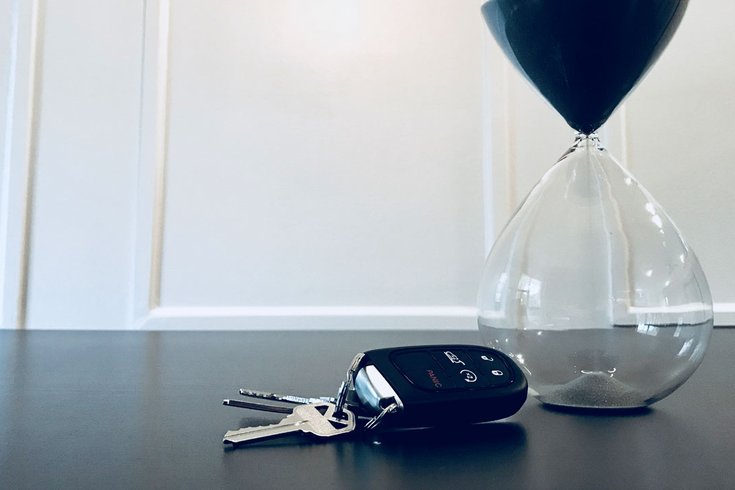
February 23, 2016
 File Art/for PhillyVoice
File Art/for PhillyVoice
Getting elderly parents out from behind the wheel is a sensitive task.
It is rare for an elderly parent to come home and say, “I am done driving,” after a scare at a stop sign or a minor fender-bender.
Handing over the car keys is seldom a conclusion that your aging parents will come to on their own. However, as they become physically or mentally incapable of driving safely, getting them out from behind the wheel is a sensitive, but necessary, task.
Ask yourself these questions as you consider whether your parent should still be in possession of the car keys:
Good depth perception, accurate peripheral vision and the ability to see clearly at night are essential for motorists of any age. Accompany your aging parent to his or her next eye doctor appointment to get the full picture.
We think of driving as a visual task, but the ability to hear car horns, sirens, the noise of other vehicles passing and the voices of pedestrians are all elements of safe driving. Elderly individuals are often experts at masking their hearing decline.
Driving isn’t just sitting. From steering response to pedal selection to the neck-and-shoulder flexibility required to turn while backing up, driving requires very real physical dexterity, which declines in aging. Common conditions like arthritis or Parkinson’s disease can also greatly impact the dexterity required not just to drive, but to drive safely.
It’s an important ingredient in safe driving, and difficulties the elderly sometimes have with sleep -- combined with medications that can cause drowsiness -- can have an adverse effect on alertness levels.
Senility, dementia or the beginnings of Alzheimer’s can have a huge effect on an elderly parent’s behavior behind the wheel – decisions can be wrong, signs misunderstood, reactions delayed.
A tipoff that your parent is having trouble driving is that they’re getting into small, unreported accidents – backing into light posts in the supermarket parking lot, taking a turn too tightly and scraping a side door. Inspect your elderly parent’s car to see what’s happening. A cracked brake light or dented fender can be a warning sign of things to come.
Next time you visit, go for a ride or out for an errand, and let your parent take the wheel. Assess their driving objectively. If you’re noticing risks taken or close calls avoided, it may be time to act.
You should. A physician can give you a frank and true assessment as to whether your elderly parent is competent to be driving, with a particular eye on side effects from prescription medications he or she might be taking.
When you do come to the conclusion that your parent shouldn’t be driving, it’s never an easy conversation to have. For many families, it’s one of the first times that roles are reversed, and “the child becomes the parent” – an uncomfortable and melancholy feeling for many. Remembering the following will make things a bit easier:
As hard as it is to take away your parent’s car keys, there are ways to do it to lessen the embarrassment and avoid offending. What’s most important is that you do it when you sense the possibility of harm and not wait for a phone call from the police or emergency room after your parent has been in an accident. If you act out of caring concern and in a timely manner, that need never happen.